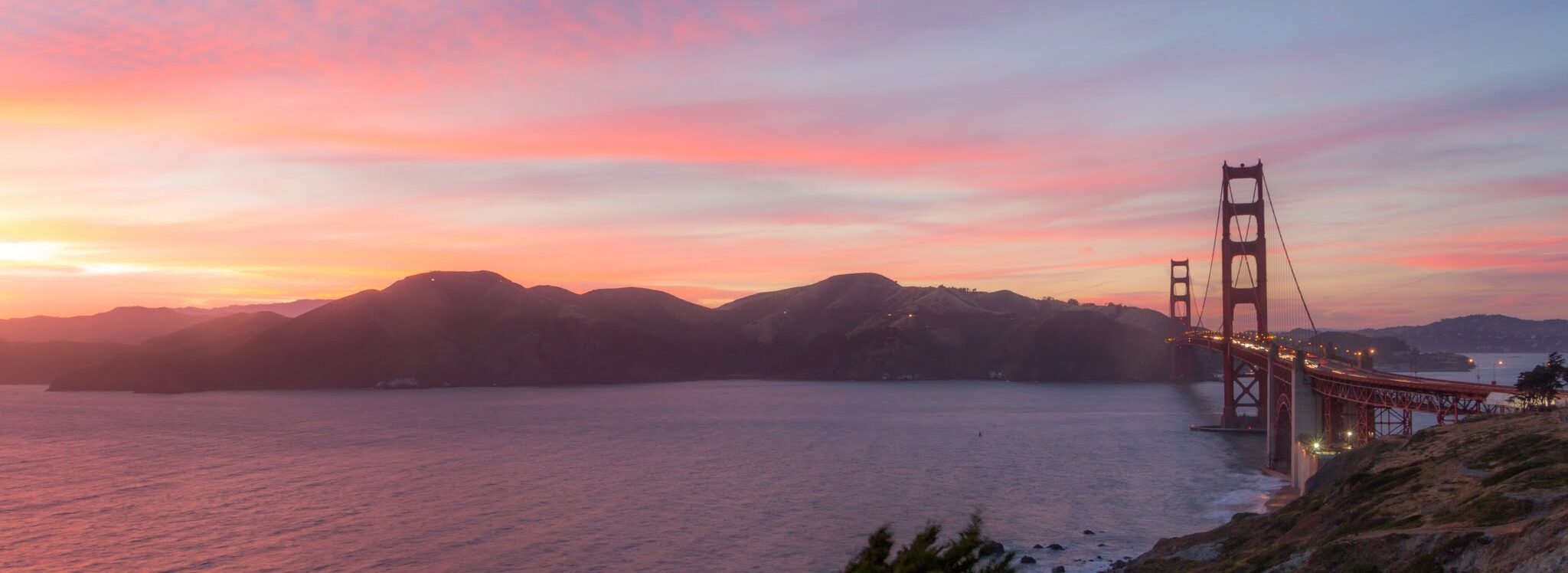The last time I read the Book of Revelations I was taking a seminar called “Apocalyptic Thought in the Middle Ages”. We scrutinized the Book, subjected it to analysis for coherence, tried discern the narrative, the predictions, the historical notes. We also looked to medieval apocalyptic writings, interpretations of Revelations and panicked sermons that indicated that the End was Already Here.
I wrote a seminar paper on the letters of Prester John and the mythical East that popped up over and over again in apocalyptic writings, a literary tradition that began during the Crusades and was later influential in Marco Polo’s travels. Prester John’s legend was entangled with apocalyptic thought because his kingdom was a dumping ground for mythical peoples who were supposed to be part of the end times. I was enthralled. So was Umberto Eco, who published his novel Baudolino shortly after that seminar ended for me. Baudolino tells the story of a fictional forger of the original letter from Prester John that set the legend in motion during the Crusades. It was the perfect complement to my own research, and helped extend my interest and learning for a while after the seminar ended.
It was that project, that novel, and that seminar that evened out my keel with respect to the End. Looking back now I can see that despite my superficial rationality, I carried a deep fear of and fascination for the apocalypse around with me. I was one of those people who looked at the approach of the year 2000 with genuine zombies-in-the-streets dread. We stayed home on New Year’s Eve that year, partying like it was 1999 and we didn’t have enough canned goods stocked up against the destruction of the world.
Some of this interest has to be attributed to the kinds of books I would read and movies I would watch: Stephen King’s The Stand and David Brin’s The Postman were etched indelibly in my teen psyche. Red Dawn depicted what, to me as a kid, was an all-too-real possible future. But my apocalypticism has to be traced to the real world, not the fantastic one.
Shortly after my parents’ separation when I was thirteen, after a stressful move off the reservation and into a basement apartment in my smelly little town, I watched green tracer fire on TV and learned words like “Kuwait” and “Scud” and “Patriot” and “Schwarzkopf” and heard of children armed with machine guns and grew worried that the Russians were going to back the wrong side. Before moving off the reservation we had watched a movie about Nostradamus and his prophecies, one of which seemed, to the filmmakers, to involve the Russians selling devastating weapons to a Middle Eastern lunatic and destroying an East Coast city. Watching the green tracers, sitting in the basement, the End didn’t seem so unlikely at all.
Watching the Gulf War on TV with my mother and my sister I had my first hard thoughts about the end of the world. And it wasn’t just because my parents were separated and we had moved and there was a war and stupid Nostradamus movies. No, that first night as we huddled around the TV my mother pulled out the Bible, and she read Revelations to us.
I learned then of the Horsemen, of the boiling seas, of Armageddon, of The Beast, of the false prophets. I learned and internalized the low-grade fear that I would never really get rid of until after I had seen the previous iterations of that same fear manifest in writings hundreds and thousands of years old. It took seeing myself not as an exception, living in the only time that really mattered or took itself seriously, to come to terms with the boring normality of worrying about the end of the world. It took study, attention, effort, and an open mind.
It took education.
So, kids: Stay in school.

Absolutely! Red Dawn influenced my life heavily as a kid. They grew up worrying about a bombs in the 50s and 60s – duck and cover! We grew up fearing a soviet takeover. Now we're just worried that gas will go above $5.00. :) http://www.apocalypticdad.com – my parenting could bring the end of the world